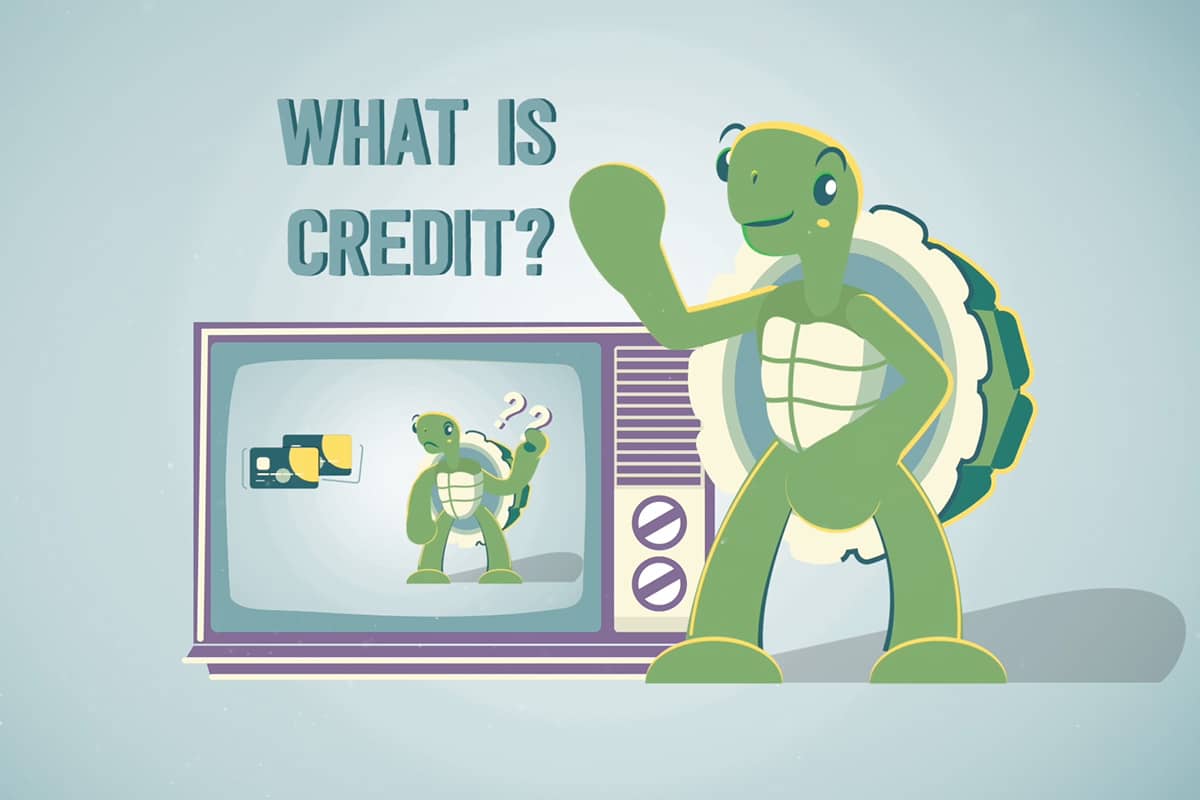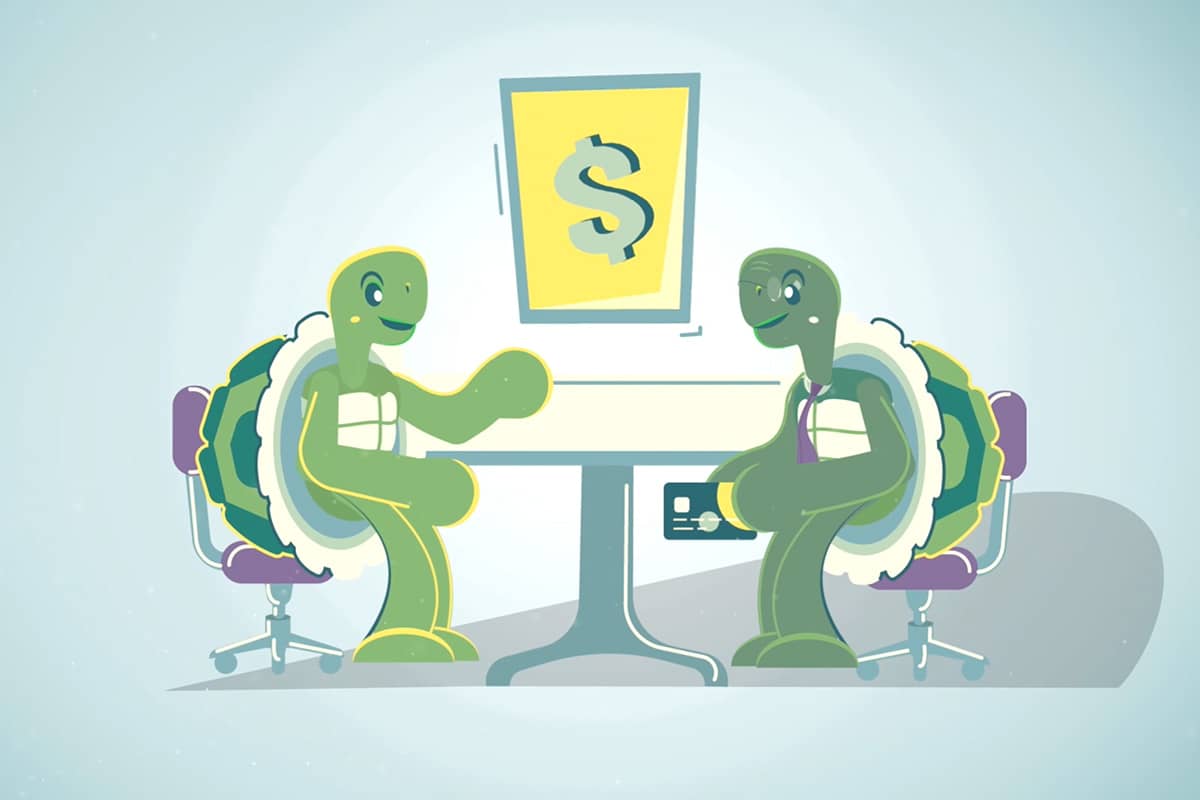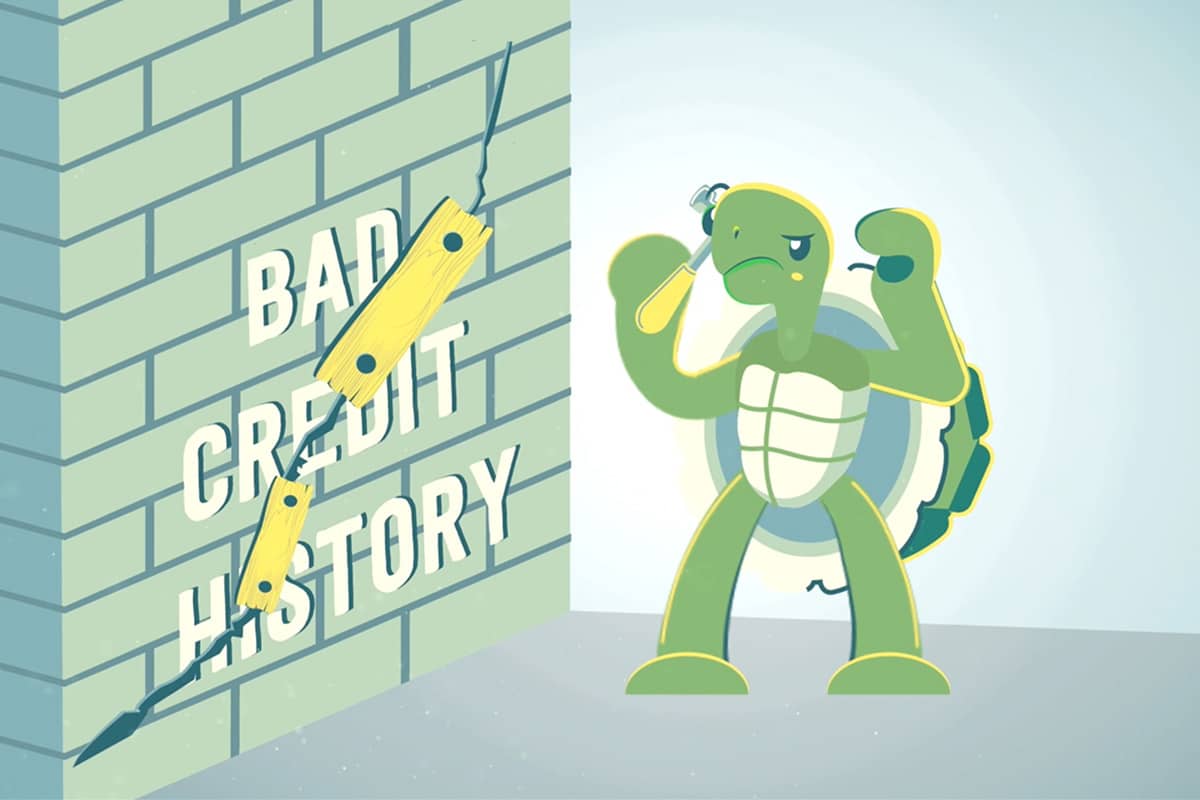How to Save Money with Credit?

By Turtle Credit Team
Disclaimer / Advertiser Disclosure
- The information provided on this website does not, and is not intended to, act as legal, financial or credit advice; instead, it is for general informational purposes only. Information on this website may not be current. This website may contain links to other third-party websites. Such links are only for the convenience of the reader, user or browser; we do not recommend or endorse the contents of any third-party sites. Readers of this website should contact their attorney, accountant or credit counselor to obtain advice with respect to their particular situation. No reader, user, or browser of this site should act or not act on the basis of information on this site. Always seek personal legal, financial or credit advice for your relevant jurisdiction. Only your individual attorney or advisor can provide assurances that the information contained herein – and your interpretation of it – is applicable or appropriate to your particular situation. Use of, and access to, this website or any of the links or resources contained within the site do not create an attorney-client or fiduciary relationship between the reader, user, or browser and website owner, authors, contributors, contributing firms, or their respective employers.
- TurtleCredit.com receives compensation for the financial products and services advertised on this site if our users apply for and sign up for any of them.
If credit is borrowing money on trust, how can you also save money when borrowing money? The answer is: By having a good credit history and a high credit score. We will dive into how compound interest works and how it will affect your monthly car payment.
Let’s say you and your friend wanted to buy the same $30,000 car, but you had a high credit score, and his score was lower.
The dealer’s finance manager would charge you a rate of 5% for 60 months, but your friend would be charged 14% because his credit wasn’t so good. That would mean your monthly car payment would be about $566 a month, but your friend would have to pay $698 a month.
That’s a difference of $132 a month or $7920 over the 60-month loan. So, even though both of you bought the same car at the same price, you saved $7,920 in additional interest charges because of your good credit!
That’s the power of having a high credit score. Some dealerships even offer 0% financing on their new cars. Imagine how much you can save on your new car or even your new home once you reach a good credit score.
Pay you’re your bills on time, improve your credit, and you’ll save money in the future! Check out our step by step guide on how to build your Credit Score FAST!!!
Know more about How does credit work?
How To Save Money With Credit
Spread the word
Articles: Personal Credit 101
So, what is credit? Well, it’s sort of like trust. It’s when a Company or Bank trusts you enough to lend you money to buy things such as clothes, a car and even a house.
So how does credit actually work? It’s kind of like dealing with friends. You can lend some friends money and they will return it on or before a certain agreed-upon time.
We’ve been discussing credit and how it works but how do you start getting credit if you have no credit history? Better yet, how do you repair a bad credit history?



